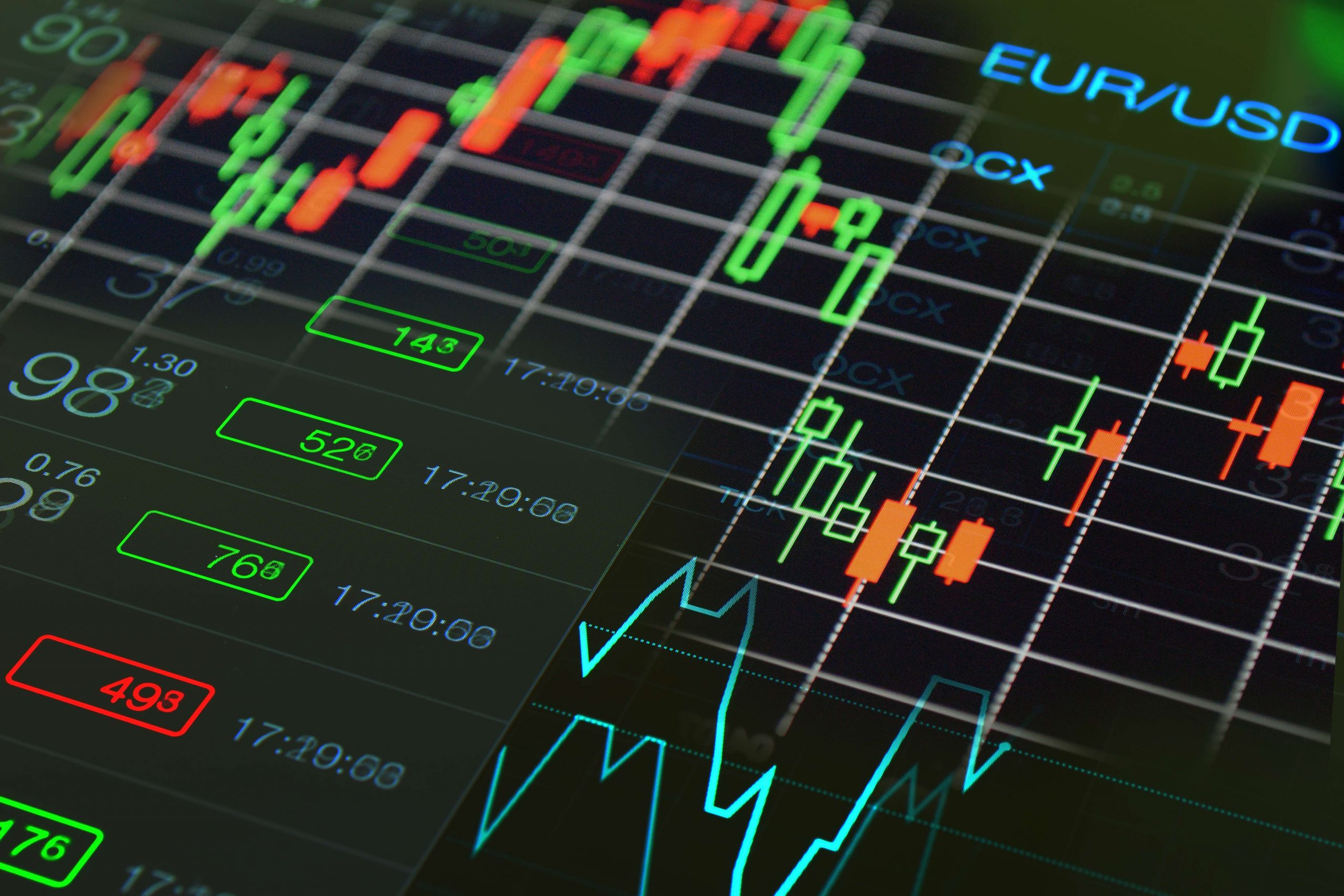Liquid firms can swiftly capitalize on promising investment opportunities without the lengthy process of securing external funds. High liquidity affords companies the flexibility to tackle unexpected expenses, invest in growth opportunities, and reduce their reliance on external financing. Funding liquidity pertains to the availability of credit or funding for institutions, particularly financial ones like banks. Ready cash is considered to be the most liquid possible asset, since it requires no conversion and is spendable as is.
The relative ease in which things can be bought or sold is referred to as liquidity. Maybe you have to drop the price down to $49.90 to find a buyer willing to complete the trade within seconds. There’s still some liquidity there based on the speed, but the liquidity isn’t quite as high as the stock that essentially trades at its quoted value right away. Futures markets that trade on the major currencies and major stock market indexes are very liquid, but futures markets that trade specialized grain or metals products may be much more thinly traded.
To fully appreciate the impact of liquidity it’s important to understand its various forms. Filippo Ucchino created InvestinGoal, a comparison site and educational portal for the online trading and investing xtz to eur currency converter industry. Through InvestinGoal, Ucchino helps users navigate the world of online investing and trading by providing trading guides, best brokers rankings, broker reviews, and broker comparisons. Founded in 1993, The Motley Fool is a financial services company dedicated to making the world smarter, happier, and richer. The Motley Fool reaches millions of people every month through our premium investing solutions, free guidance and market analysis on Fool.com, top-rated podcasts, and non-profit The Motley Fool Foundation. A non-financial example is the release of popular products that sell-out immediately.
Average Daily Share Volume
Investing can be the most surefire path to becoming and remaining financially free. This article is for general information purposes only, not to be considered a recommendation or financial advice. Discover the range of markets and learn how they work – with IG Academy’s online course. The company also emerged from the pandemic and reported a net income of $2.5 billion, turning the company around from a loss in 2020. It could build your food delivery app fast be argued that Disney’s financial performance in 2021 was better than in 2020. Demand for the business’s products has vanished so, therefore, it is not bringing in revenue and making profits; however, it still has to meet its $5,000 monthly loan bill.
How to Measure Liquidity in the Markets
Understanding these distinct forms of liquidity is crucial for anyone looking to navigate financial markets or manage a business’s fiscal health effectively. At its core, liquidity describes how easily an asset can be converted into cash without affecting its market price. At one extreme, high market liquidity would be characterized by the owner of a small position relative to a deep market that exits into a tight bid-ask spread and a highly resilient market. Liquidity describes how readily an asset can be transformed into cash without notably altering its value.
Investors
In this scenario, the company only has $3,000 of cash on hand and no liquid assets to quickly sell for cash. It will default on its loan within one month, because it has low overall liquidity. Sometimes investors want liquidity to try to take advantage of opportunities. Maybe you’re holding most of your money in a highly liquid vehicle like a money market fund so that you have cash ready to make a down payment once you find a home you want to buy.
What Are the Most Liquid Assets or Securities?
Of course, industry standards vary, but a company should ideally have a ratio greater than 1, meaning they have more current assets to current liabilities. However, it’s important pci etf technical analysis to compare ratios to similar companies within the same industry for an accurate comparison. Market liquidity is the ease and speed with which an asset or security can be bought, sold, or converted to ready cash without influencing its current market price.
- Therefore, the current debate about whether market liquidity is drying up is an important one, since the ability to buy and sell securities is central to market functioning.
- It shows your ability to pay off short-term debts with cash on hand, ignoring receivables and inventory, which may take time to convert into cash.
- Liquidity is crucial for the smooth functioning of financial markets, providing investors with the ability to enter or exit positions quickly.
- It is estimated that the daily trading volume in the currency market is over $7.5 trillion, which is dominated by the U.S. dollar.
- However, the drop is caused by the market participants agreeing on the lower valuation, rather than a lack of liquidity affecting the price.
Liquidity describes the extent to which an asset can be bought and sold quickly, and at stable prices. In simple terms, it is a measure of how many buyers and sellers are present, and whether transactions can take place easily. Usually, liquidity is calculated by taking the volume of trades or the volume of pending trades currently on the market. First, liquid markets enable buyers and sellers to trade assets close to their desired prices. When volume is low and liquidity dries up, buyers and sellers must consider taking a worse price to close their transactions quickly. Additionally, the more liquid the market, the lower the bid/ask spread since market makers can more efficiently pair buyers and sellers with comparable price points.
Since stocks and bonds have public exchanges with continual pricing, they’re often referred to as liquid assets. Cash is the most liquid asset, and companies may also hold very short-term investments that are considered cash equivalents that are also extremely liquid. Companies often have other short-term receivables that may convert to cash quickly. Unsold inventory on hand is often converted to money during the normal course of operations. Companies may also have obligations due from customers they’ve issued a credit to.
A ratio value of greater than one is typically considered good from a liquidity standpoint, but this is industry dependent. Cash is generally the most liquid asset, while investable assets like money market funds and Treasuries tend to also be very liquid, as there’s generally always demand for these relatively safe assets. Publicly traded stocks, particularly of large companies, and highly rated corporate and municipal bonds are also considered highly liquid, though not quite as liquid as cash and cash-like instruments. For financial assets, liquidity refers to how quickly and easily these can be converted into cash close to their assessed market value, or how efficiently they can be traded for other assets. Liquidity can also refer to the financial health of a market as a whole, such as whether there are enough buyers and sellers to allow for efficient trading.






